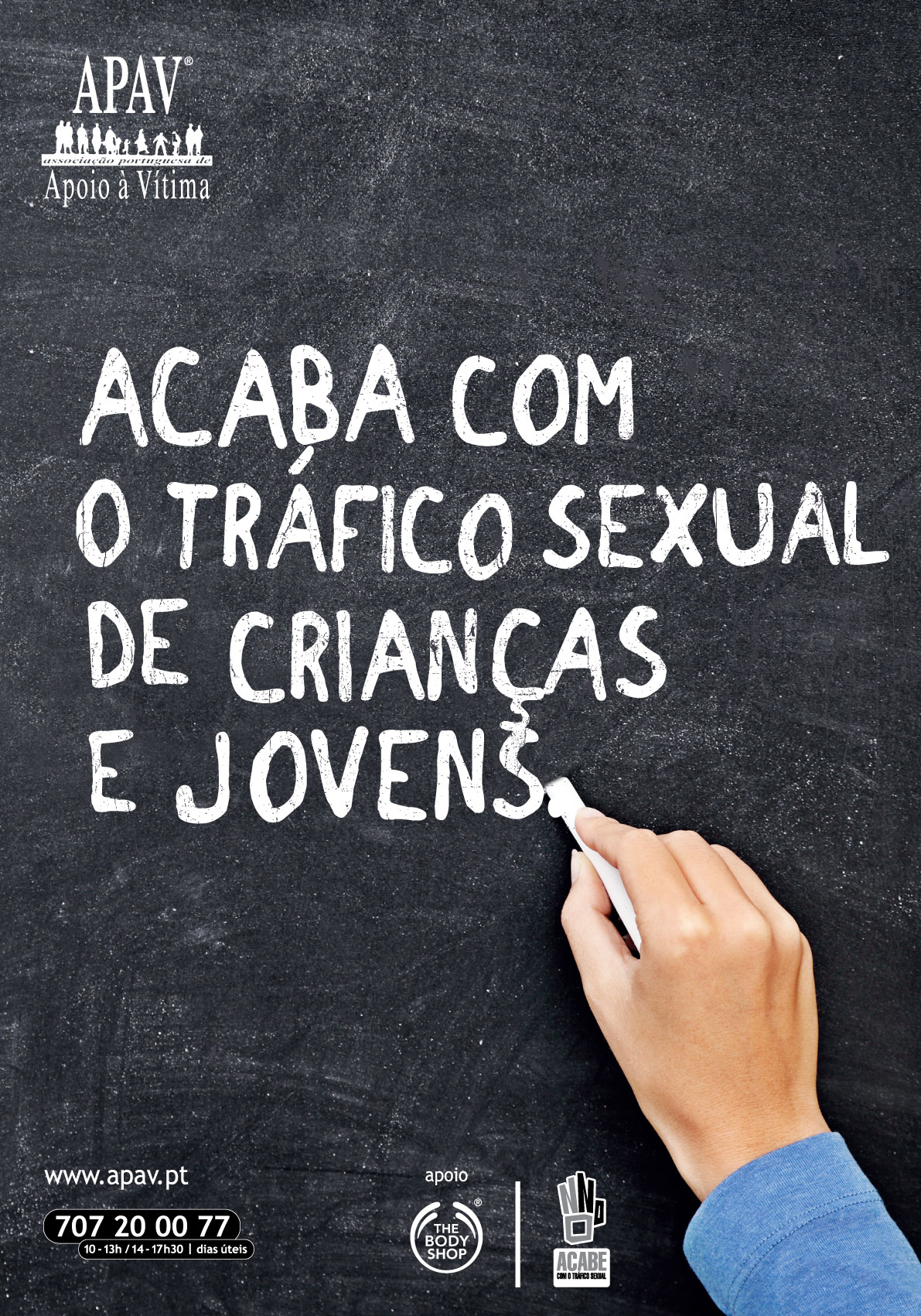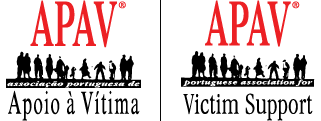
Human Trafficking
According to Article 160º of the Penal Code, the crime of trafficking persons is a practice where one provides, deliver, solicit, accept, transport, shelter or receive a person for the purpose of sexual exploitation, labour exploitation or removal of organs, by exerting violence, kidnapping, abusing of power or taking advantage of a victim’s mental incapacity. The crime is commonly related to situations where the perpetrator comes in contact with victims to offer them work in another area of the country or in another country. Once the victim arrives to the location thinking that he or she will work the way it was agreed upon, he or she ends up needing to surrender his or her personal or identification documents, and perform other work or even prostitution. He or she might also be subjected to sexual and physical assault, threats to himself and/or his family, and be forced to hand over any money that he or she has received or earned.
Even though this is a typical situation, there are other forms of human trafficking. To help identify whether a person is a victim of human trafficking, here are the following indicators:
- The person is not in control of his or her identification or travel documents
- The person had specific instructions for what to say when he or she encounters a law enforcement officer
- The person was recruited to perform a job and later forced to perform another
- Debt Bondage: part of the whole earnings of the person is taken away with the excuse to pay the costs of the trip or other costs
- The person is being forced into sexual practices
- The person has no freedom of movement
- If the person tries to escape, he or she or his or her family may suffer vengeance
- The person is threatened with the risk of deportation or other legal sanctions
- The person was assaulted or deprived of food, water, sleep, medical care and other basic needs
- The person cannot freely contact friends and family
- The person cannot freely socialise with others not can he or she freely practice his or her religion
The presence of one or more of these indicators strongly suggests the occurrence of a crime. If you are or know someone who is being exploited in such ways or recognise the occurrence of one or more of the above indicators, we highly suggest that you seek the specialised support offered by APAV/UAVM or directly report the situation to the authorities.









